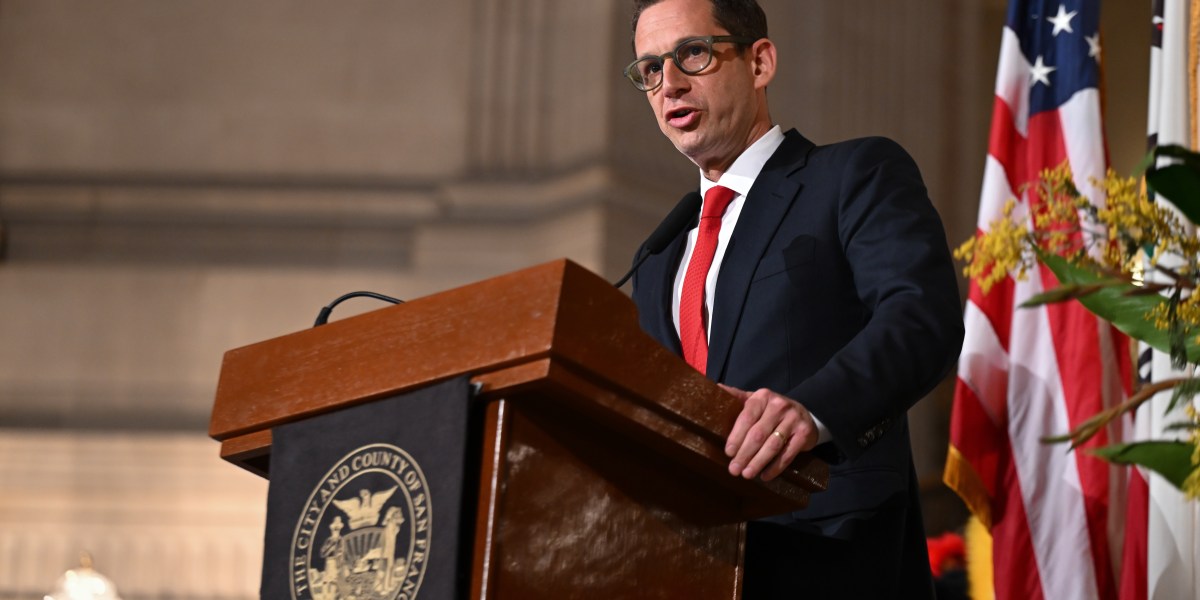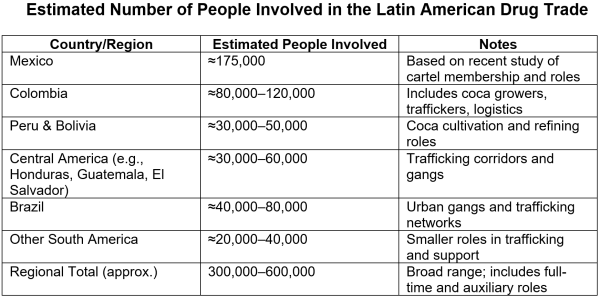When his phone buzzed with an unknown caller late Friday afternoon, 30-year-old Ali Nasrati didn’t think much of it. Spam calls were common. But this caller left him a voicemail: “Did you get fired yet?”
Nasrati disregarded that voicemail as a practical joke, or some sort of scam.
“Being the person that I am, I don’t really get bothered by these kinds of things,” he told Fortune.
But then, the texts came. From multiple different unknown numbers, they spelled out his name, his mother’s name, and his home address, followed by a chilling message: “we’re on our way.” Random phone calls came that loudly and “vulgarly” insulted Nasrati and his Islamic faith.
Nasrati, shaken, drove home from his work as an IT specialist at the Virginia Walmart he had worked at since he was 25. On the way, he got another call: one he didn’t answer, wary of more abuse. But this time it was from Walmart corporate. The voicemail, which Fortune has reviewed, came from a corporate manager and said he was suspended with pay pending an “internal investigation,” and asked him to call back.
Since then, Nasrati has called and left multiple voicemails with his employer. He says none have been returned. Walmart declined to comment on the matter.
Back at home, Nasrati, trying to piece together what had happened, says he opened his laptop in disbelief. His work account had already been disabled. Frantically scanning online, the source of the harassment finally became clear: an X profile created under the handle @IslamAli911, filled with inflammatory posts celebrating the assassin of right-wing influencer Charlie Kirk, and plastered with his photo and full name.
Nasrati said the account isn’t his, and he has never posted about Kirk, or politics at all, for that matter. He has his own X page, with mostly posts from a decade ago about soccer.
But it didn’t matter. A right-wing page on X, called “Bad Hombre” with the handle @joma_gc, which had been posting the names and employer information of people deemed to be “celebrating” Kirk’s murder, had taken screenshots and posted pictures of the fake account, along with Nasrati’s name and workplace information, to over 180,000 followers.
“It was insane,” Nasrati said. “This account was made in May, not by me, but they used my Instagram and LinkedIn photos and made it look like I was the one posting. And people believed it.”
The fallout was immediate. His phone rang nonstop with calls spewing Islamophobic slurs. Emails and texts told him to leave the country and that he better hide. Cars idled too long behind him on the road, and he found himself wondering if he was being followed. His mother and sister, shaken, refused to stay in their home, and he left with them to find another place to stay.
“I’ve always felt like an American first,” Nasrati said. “But this weekend, for the first time, I felt like an outsider in my own country.”
He raced to the police station to file reports, one against the account impersonating him for identity theft and others for defamation. There, the officers told him to report the account that had targeted him, which he says he has, along with about 200 of his friends and family. jhjhjjk
X, in an email reviewed by Fortune, told Nasrati that the account, @joma_gc, had not violated any X rules. The account that had impersonated him, after blowing up on @joma_gc, deactivated and removed all of its information from the page.
X did not respond to Fortune’s request for comment.
A coordinated campaign
Nasrati’s case is just one amid a surge of cyber-targeting campaigns following Kirk’s assassination, with critics of the conservative activist increasingly singled out online.
A site called Expose Charlie’s Murderers, which at the time of writing is down, briefly published the names of 41 people it accused of “supporting political violence online,” promising to turn its database of 30,000 submissions into a permanent archive before it was taken offline.
Even those who denounced violence but voiced criticism of Kirk were included, according to Reuters, and some—like Canadian influencer Rachel Gilmore—say they’ve since endured death threats and sexualized harassment.
Although the site was removed, many accounts on X have taken up the cause, from @joma_gc to right-wing media creator Chaya Raichik at @libsoftiktok. MSNBC hosts, public school teachers, healthcare workers, and employees at Office Depot and Microsoft have been fired for their posts, among others. An American Airlines pilot was even grounded and suspended for his posts.
X bans posting someone’s private information without consent, but the policy makes an exception if the details are already public — like names, workplaces, or photos from LinkedIn or Instagram, all of which were used in Nasrati’s case. Impersonation, however, is a violation of X rules, according to the policy.
Nasrati isn’t sure if he will get proper recourse from the authorities, or X, or his place of employment. All he wants Walmart to do is “clear his name” and help get him some sense of job and personal security.
“What can I do in the future to not feel this way? There really isn’t anything I did wrong,” Nasrati said. “Do I have to disappear from social media, go off the grid, just to feel safe in my own home? It’s 2025: everyone has a social media presence. The fact that there’s nothing I can do to stop this from happening again is very scary.”

























